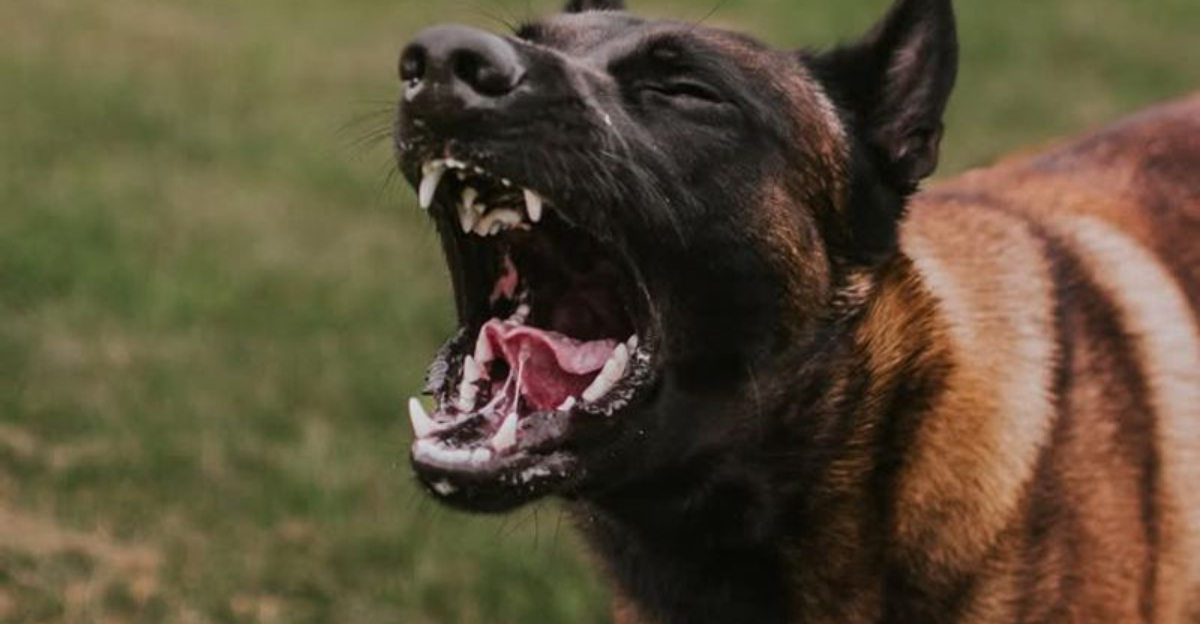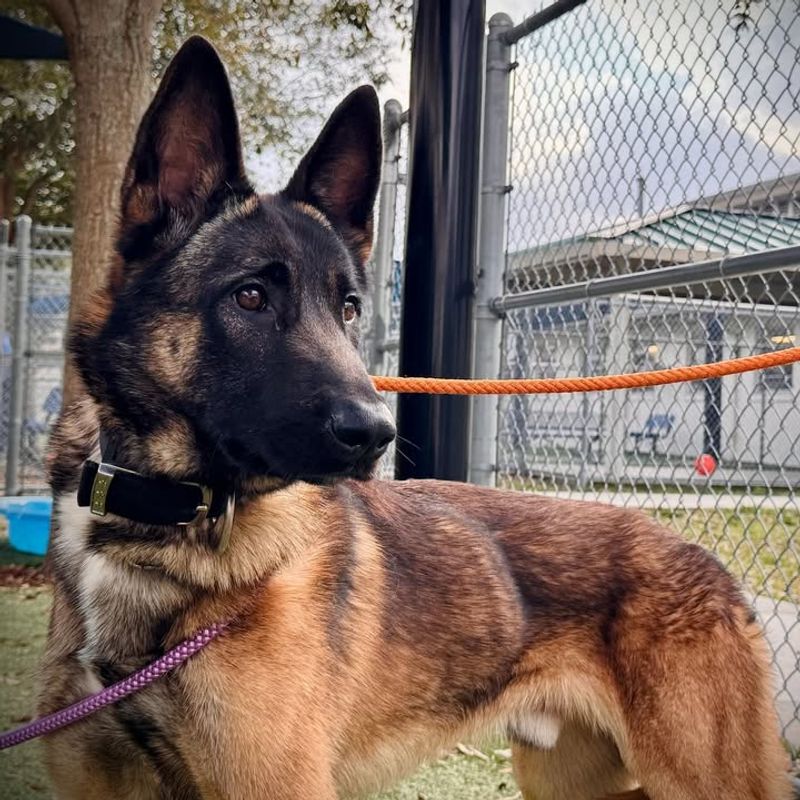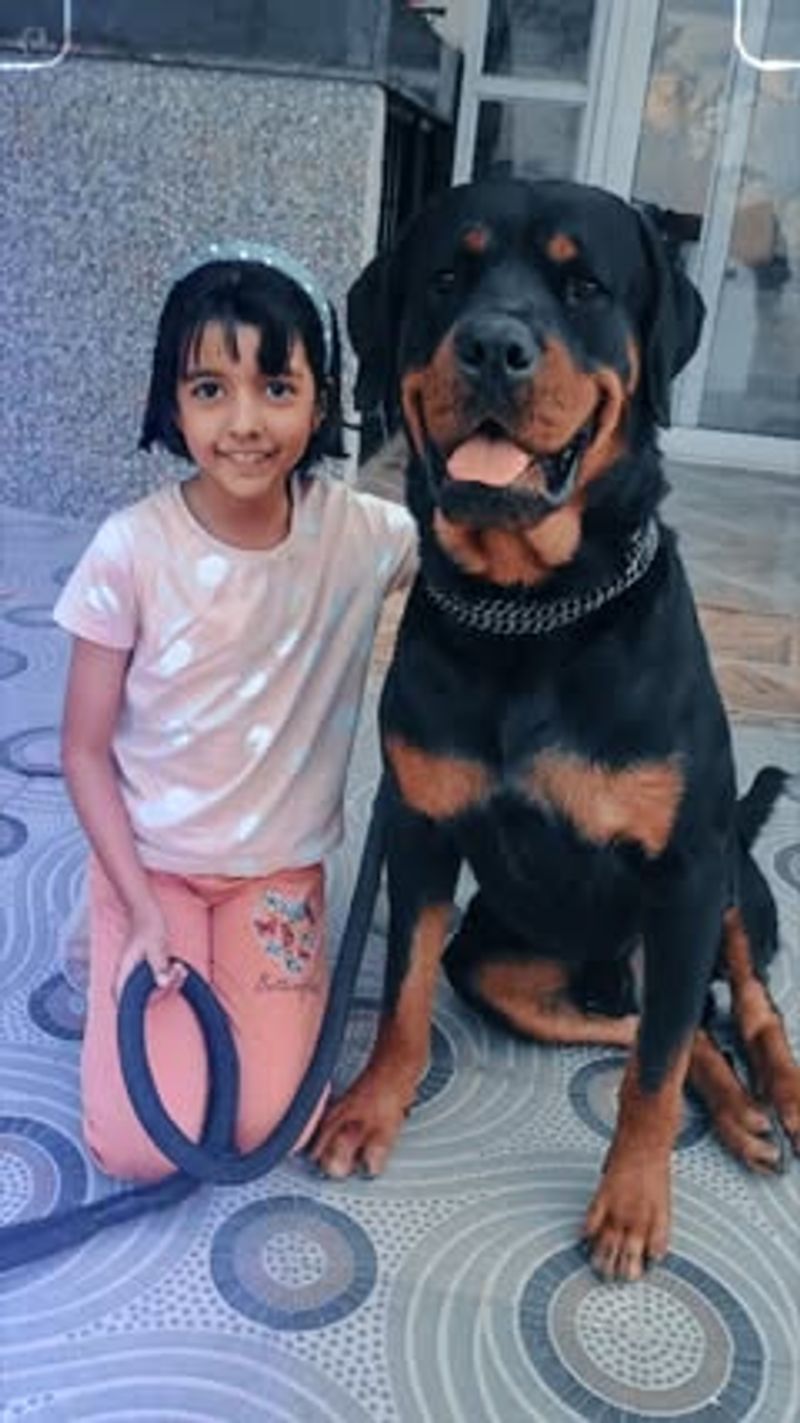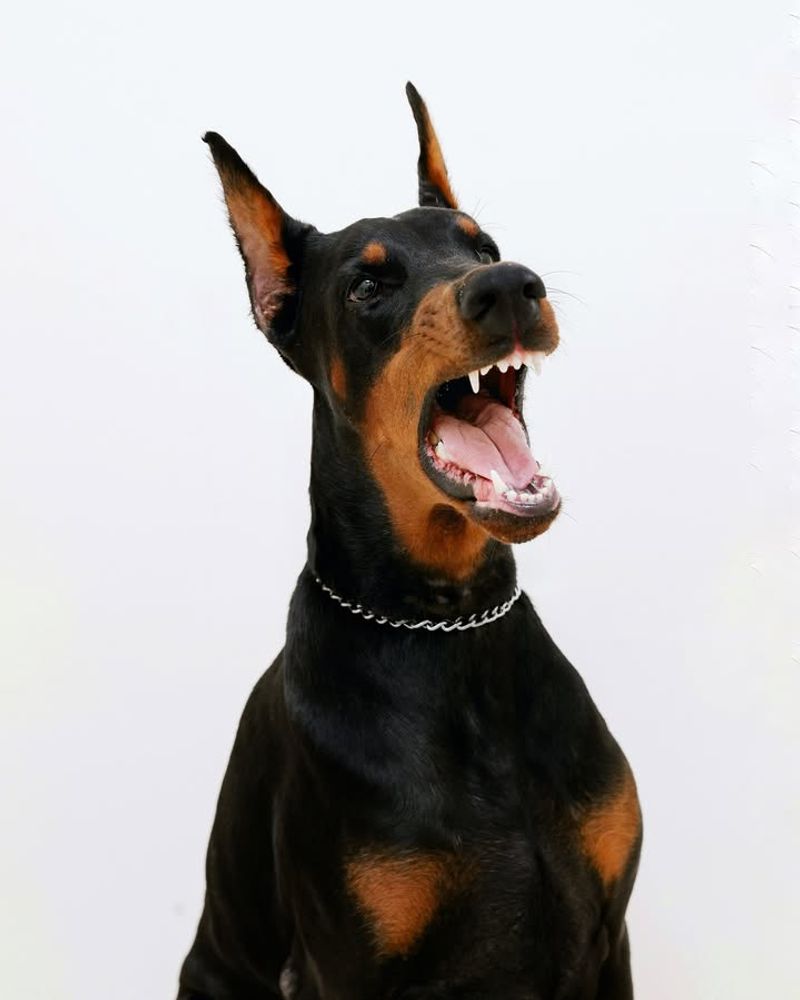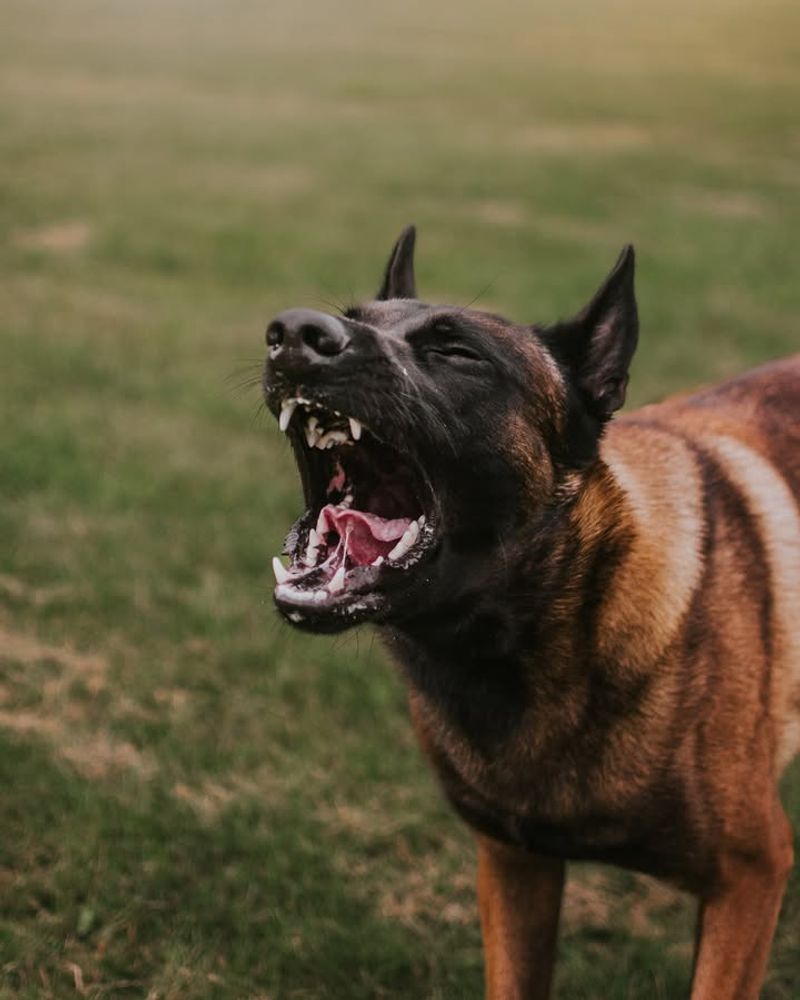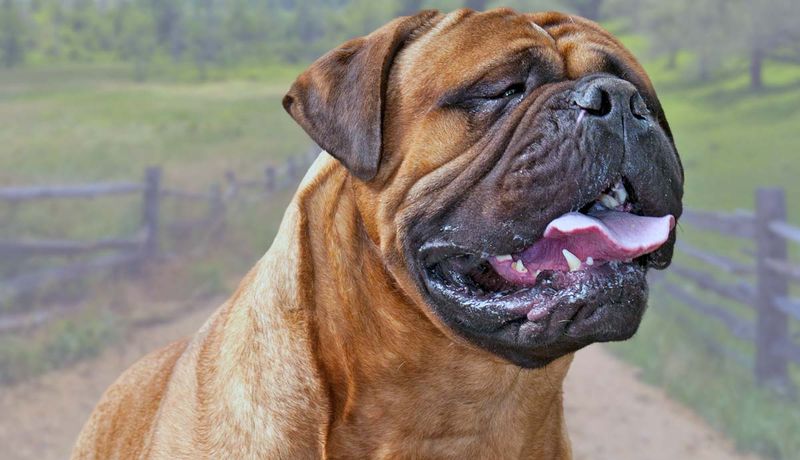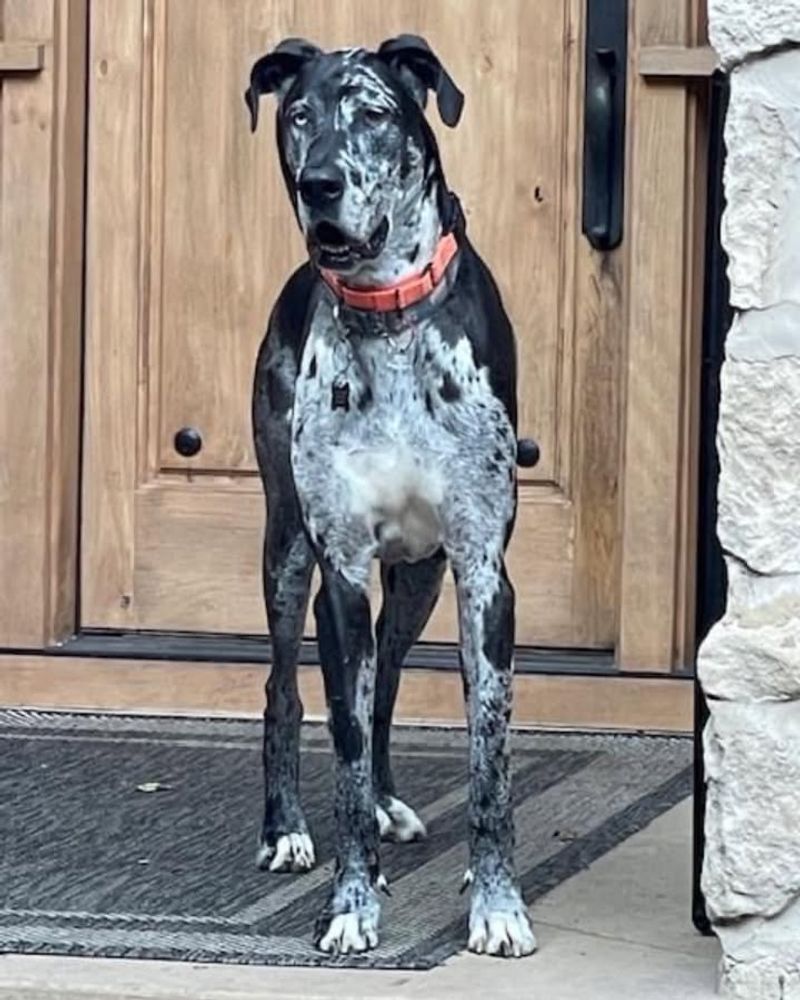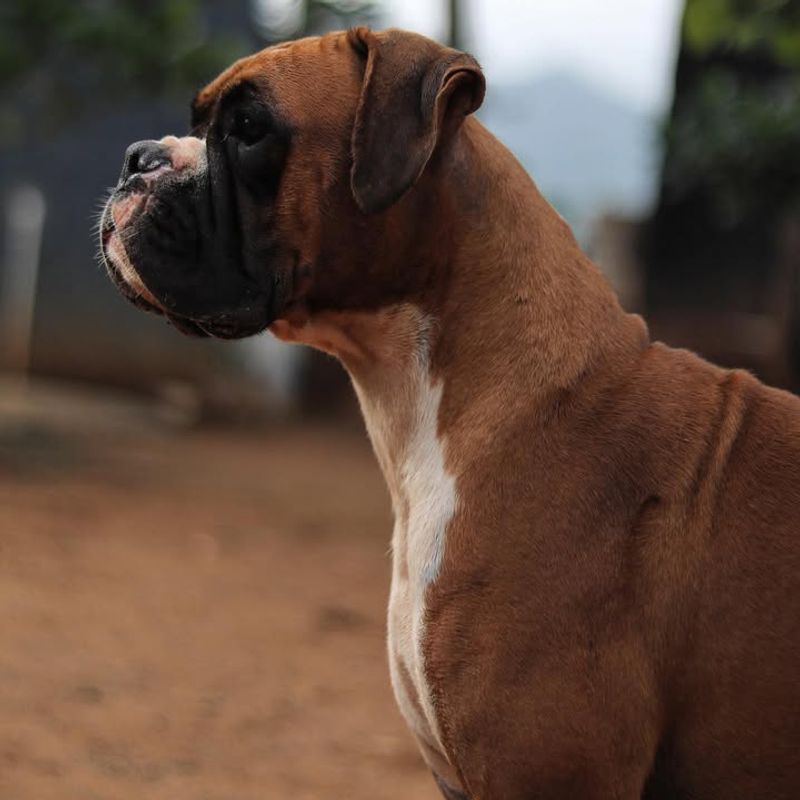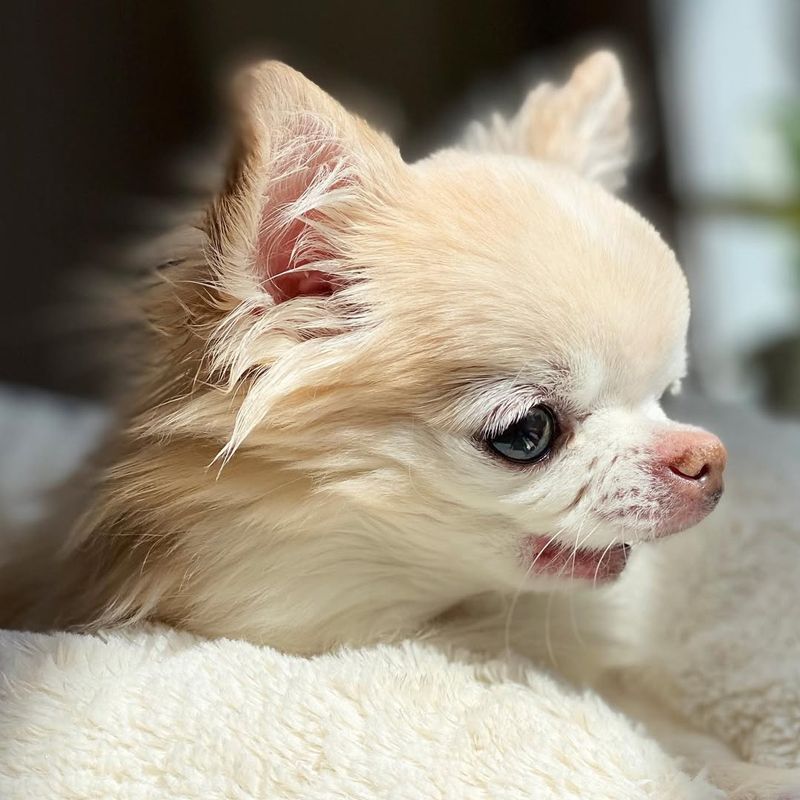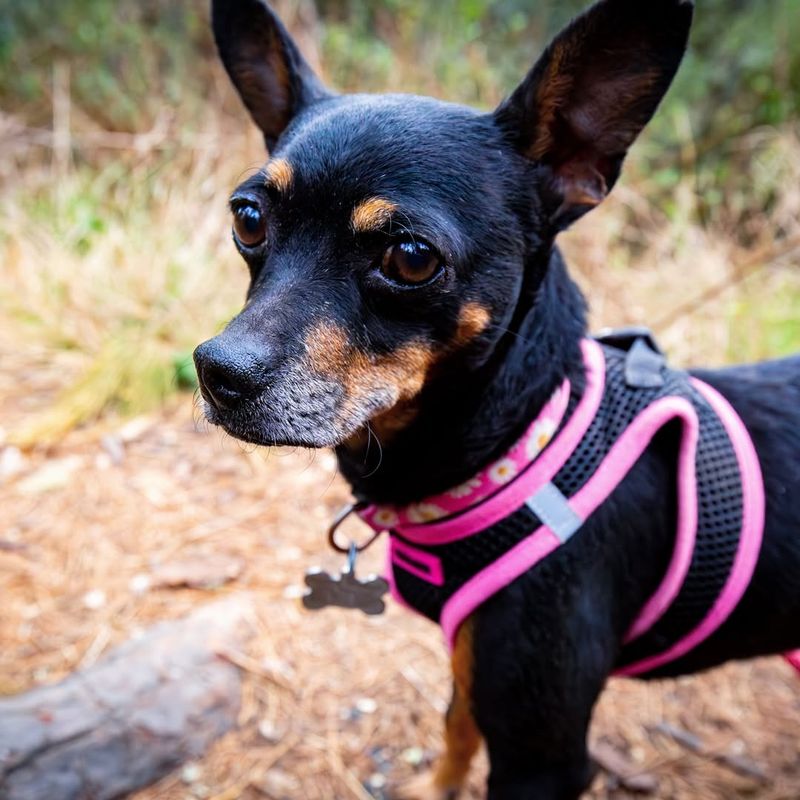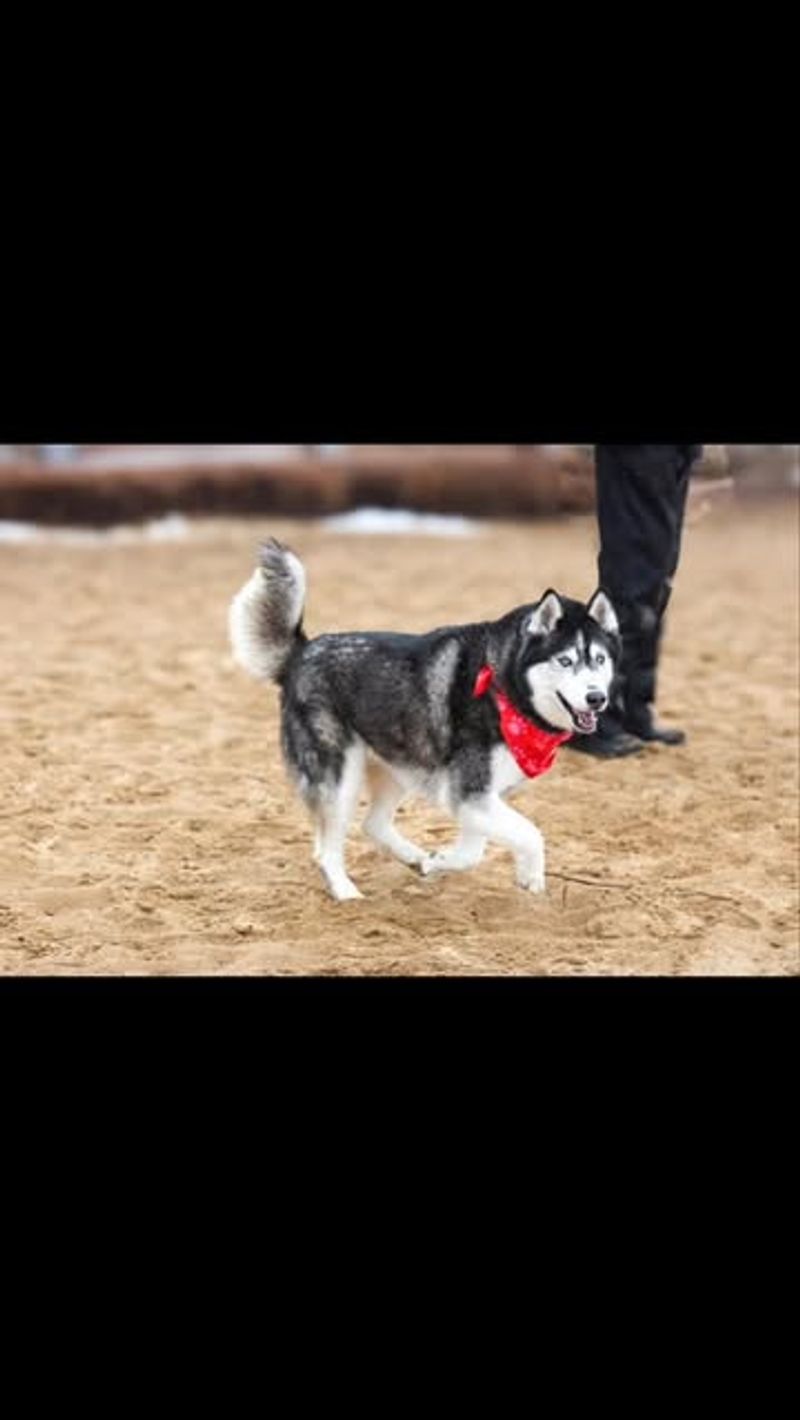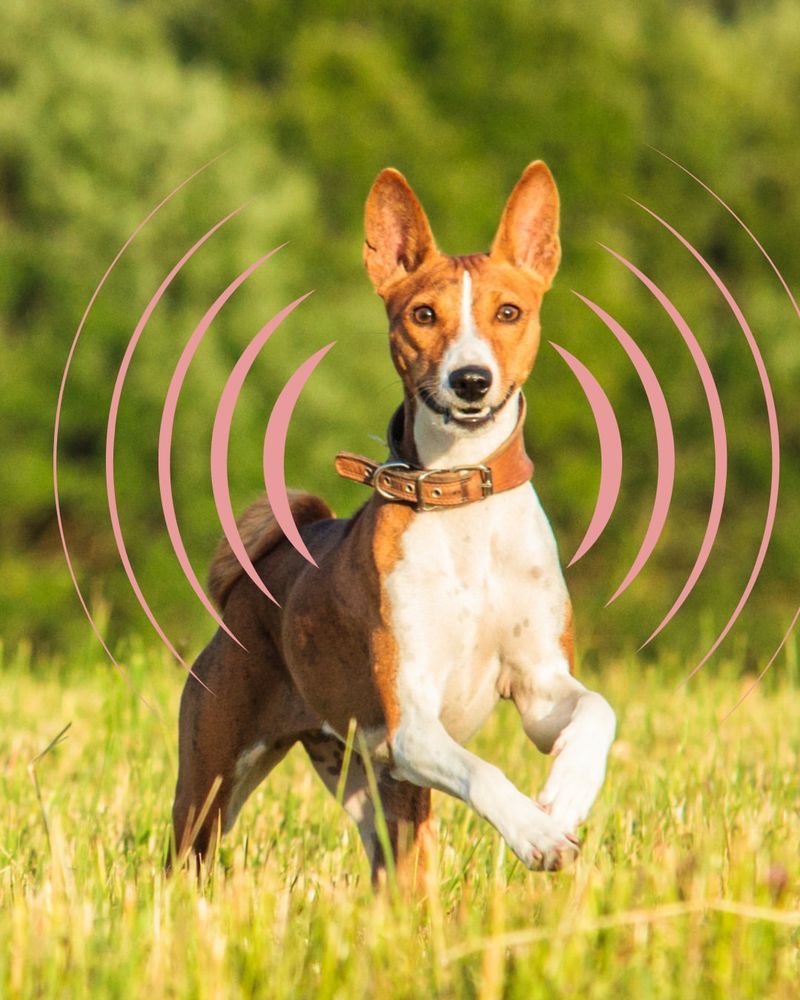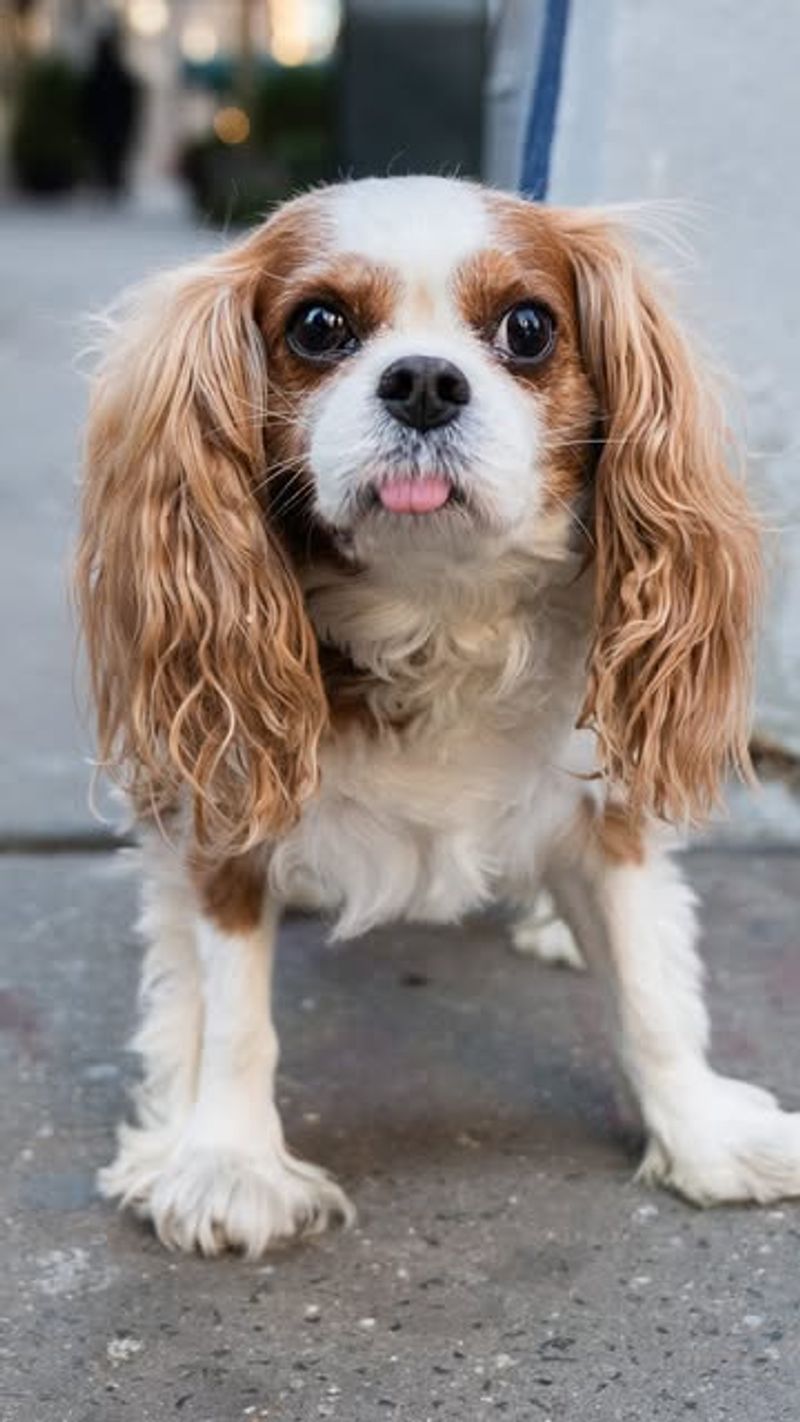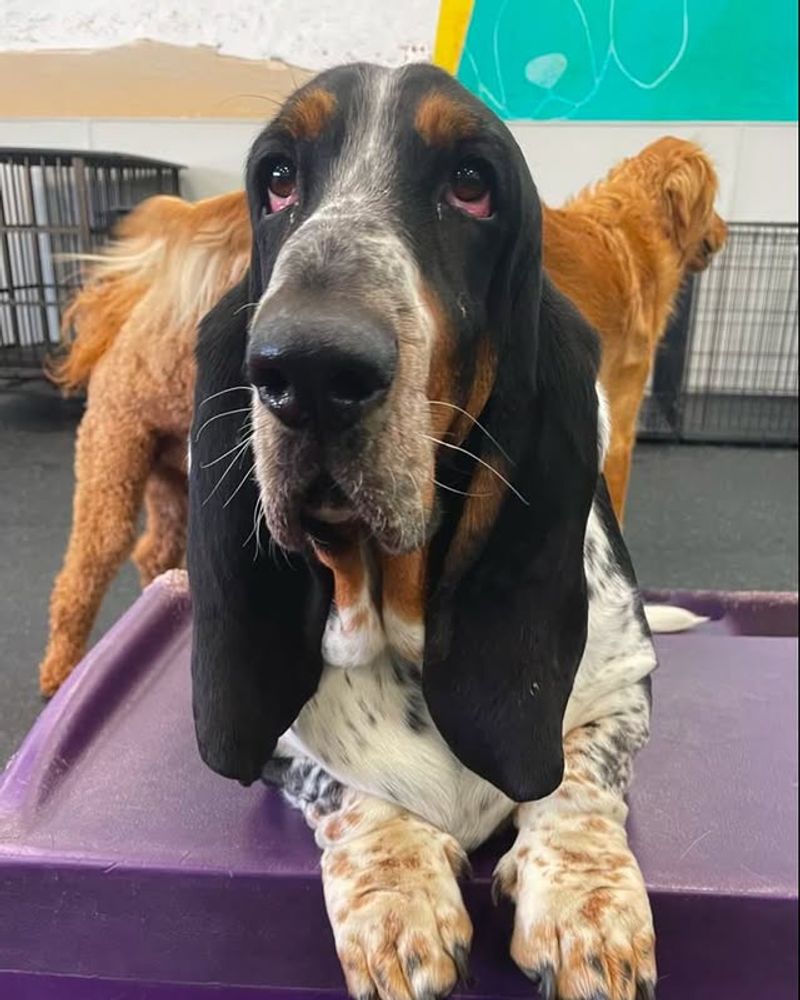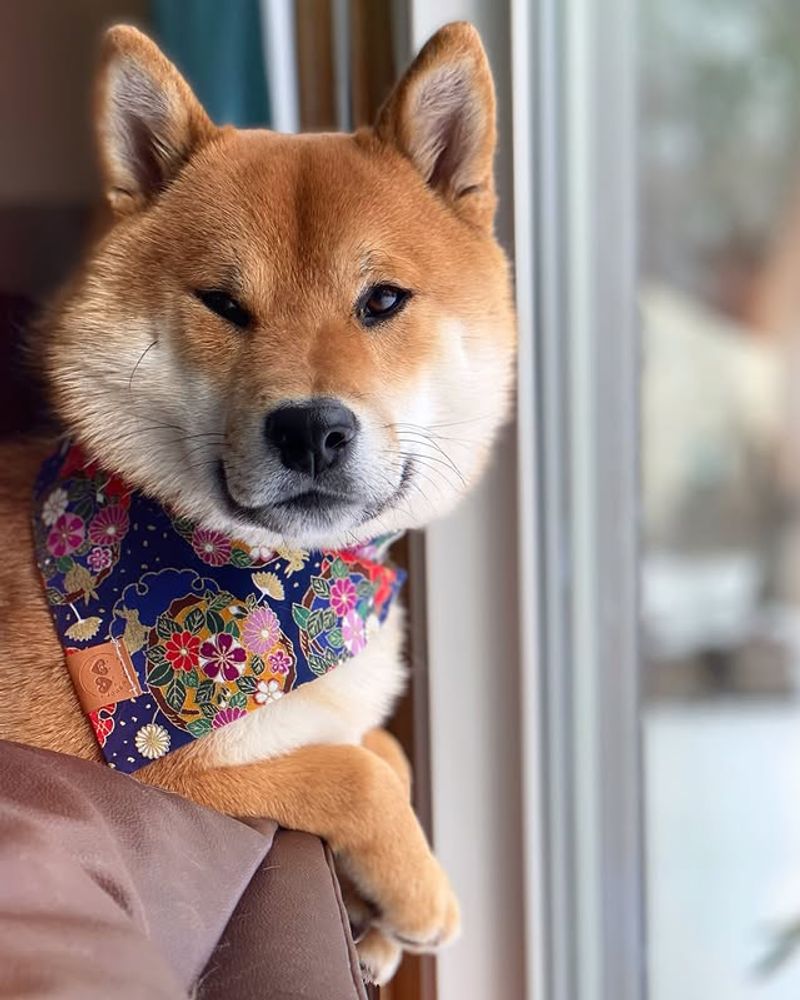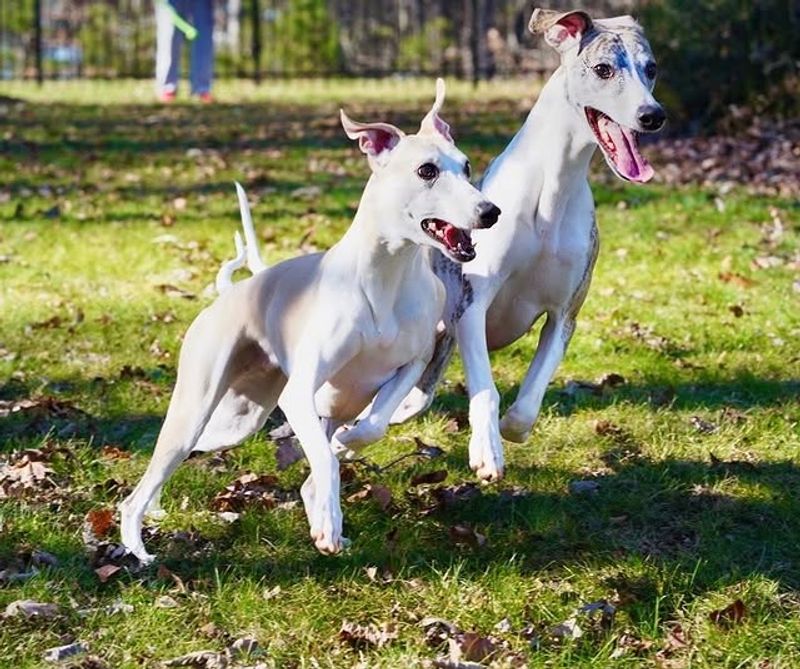Dogs are known for their diverse vocalizations, with some breeds renowned for their powerful and intimidating barks, while others are surprisingly quiet. In this blog post, we’ll explore ten dog breeds with the most formidable barks and five breeds that are unexpectedly silent. Whether you’re looking for a vocal companion or a quieter friend, understanding these breeds’ vocal tendencies can guide you in choosing the right pet.
German Shepherd
Known for their protective nature, German Shepherds have a bark that resonates with authority. These dogs are often employed in police and military roles, thanks to their intelligence and trainability. Their bark is deep and commanding, serving as an effective deterrent to potential intruders. Despite their tough exterior, they are affectionate family pets. A fun fact: German Shepherds were originally bred for herding sheep in Germany, showcasing their versatile capabilities. Search “German Shepherd intimidating bark” to see these majestic canines in action!
Rottweiler
Rottweilers are known for their powerful stature and commanding bark. Originally bred for herding cattle, their bark is both deep and resonant, echoing their protective instincts. These loyal companions are fiercely dedicated to their families, using their vocal prowess to keep threats at bay. Despite their intimidating bark, Rottweilers are loving and gentle with those they trust. Fun fact: Rottweilers were among the earliest police dogs, showcasing their strength and intelligence. Experience their bark by searching “Rottweiler powerful bark.”
Doberman Pinscher
Doberman Pinschers are sleek, intelligent, and possess a bark that commands attention. Often used as guard dogs, their bark is sharp and penetrating, reflecting their alert and protective nature. They are incredibly loyal, with a keen sense of awareness, making them excellent watchdogs. Their bark is not just intimidating but also a testament to their vigilance. Did you know? The Doberman was developed by a tax collector in Germany who needed a guard dog on his rounds. Curious about their bark? Search “Doberman Pinscher barking.”
Belgian Malinois
Belgian Malinois are celebrated for their work ethic and powerful bark. These dogs are often found in search and rescue missions and police work. Their bark is assertive and clear, signaling their readiness for action. They are agile and highly trainable, with a bark that matches their energetic personalities. Interestingly, Belgian Malinois are often confused with German Shepherds due to their similar appearance and abilities. Discover their bark by searching “Belgian Malinois bark.”
Bullmastiff
Bullmastiffs, with their imposing size, have a bark that matches their formidable presence. Bred to be silent watchdogs, their bark is rarely heard, but it’s thunderous when it occurs. These gentle giants are protective and will use their bark sparingly, only when necessary. They are excellent at intimidating intruders without excessive noise. Fun fact: Bullmastiffs were developed by gamekeepers to guard estates against poachers. Intrigued by their bark? Search “Bullmastiff intimidating bark.”
Great Dane
Great Danes are known for their towering stature and surprisingly deep barks. These gentle giants can produce a bark that is both commanding and resonant. Their bark is not frequent, but when it happens, it demands attention. Despite their size, they are affectionate and gentle with their families. A fun tidbit: Great Danes were originally bred in Germany for hunting wild boar, requiring both courage and strength. Want to hear their bark? Search “Great Dane deep bark.”
Boxer
Boxers are lively and fun-loving dogs with a bark that reflects their energetic personalities. Their barking can be both playful and protective, depending on the situation. Known for their loyalty, Boxers use their bark to alert their families of any unusual activity. Their vocalization is strong and assertive, yet not aggressive. Interestingly, Boxers were one of the first breeds used in police work in Germany. Curious about their bark? Search “Boxer dog bark.”
Chihuahua
Chihuahuas might be small, but their bark is surprisingly loud and persistent. Known for their fierce personalities, they often use their bark to assert dominance or alert their owners. Their vocalization is sharp and high-pitched, making them effective watchdogs despite their size. They are loyal companions with a spirited bark. Here’s a fun fact: Chihuahuas are named after the Mexican state of Chihuahua, where the breed originated. Want to hear their bark? Search “Chihuahua barking sound.”
Miniature Pinscher
Miniature Pinschers are small but mighty, with a bark that can surprise many. Their vocalization is sharp and spirited, reflecting their confident and fearless nature. These tiny guardians are quick to alert their families to any disturbances, using their bark effectively. Despite their size, they are known as the “King of Toys” due to their bold demeanor. Did you know? Miniature Pinschers were bred in Germany to hunt vermin, showcasing their agility and tenacity. Discover their bark by searching “Miniature Pinscher barking.”
Siberian Husky
Siberian Huskies are more known for their howls, but their barks are equally attention-grabbing. Their vocalization is often a mix of howling and barking, echoing their wolf ancestry. These dogs are energetic and social, often using their vocal skills to communicate with their owners. Despite their intimidating bark, they are friendly and affectionate. Fun fact: Siberian Huskies were originally bred by the Chukchi people of Siberia for pulling sleds. Want to hear their vocalization? Search “Siberian Husky barking and howling.”
Basenji
Known as the “barkless dog,” the Basenji’s vocalizations are unique and rare. Instead of barking, they produce a yodel-like sound, earning them the nickname “the singing dog.” Their quiet nature doesn’t mean they’re not communicative. They use other forms of expression, such as body language, to convey their feelings. Interestingly, Basenjis are one of the oldest dog breeds, originally from Central Africa. Curious about their sound? Search “Basenji yodeling sound.”
Cavalier King Charles Spaniel
Cavalier King Charles Spaniels are known for their gentle and quiet demeanor. Their barks are infrequent and subdued, fitting their affectionate and friendly disposition. These dogs are incredibly social, preferring to express themselves with cuddles rather than noise. Their quiet nature makes them excellent companions for those seeking peace and companionship. A royal tidbit: They are named after King Charles II of England, who was devoted to the breed. Discover their quiet charm by searching “Cavalier King Charles Spaniel quiet dog.”
Basset Hound
Basset Hounds are mellow and laid-back, with a bark that’s deep yet rare. They prefer howling to barking, often using their vocal talents selectively. These dogs are gentle companions, known for their affectionate nature and soulful eyes. Their bark is seldom heard, but when it is, it resonates deeply. Fun fact: Basset Hounds have the second-best sense of smell among dogs, only behind the Bloodhound. Want to hear their howl? Search “Basset Hound deep bark.”
Shiba Inu
Shiba Inus are known for their quiet and reserved nature. Their bark is rare and usually reserved for important matters. Instead, they express themselves through unique vocalizations known as the “Shiba scream.” These independent dogs are both bold and calm, making them intriguing companions. Their quiet disposition is complemented by their alertness. Did you know? Shiba Inus are the smallest of the native Japanese breeds. Hear their unique sound by searching “Shiba Inu scream.”
Whippet
Whippets are graceful and quiet, with a bark that’s gentle and infrequent. They are known for their speed and agility, preferring to chase rather than bark. These elegant dogs are affectionate and enjoy lounging around the house. Their quiet nature makes them perfect for urban living, where noise can be an issue. Fun fact: Whippets are often called “the poor man’s racehorse” due to their incredible speed. Discover their gentle nature by searching “Whippet quiet dog.”
